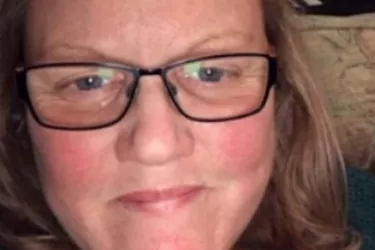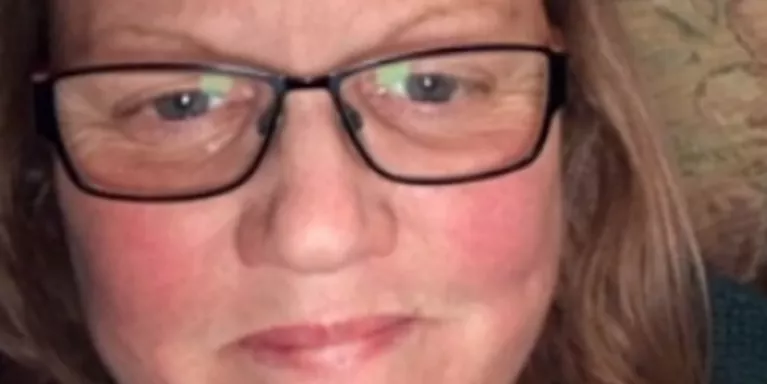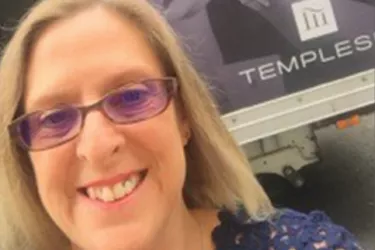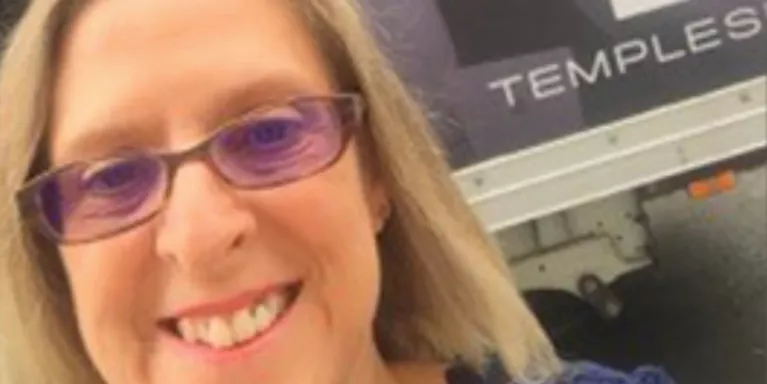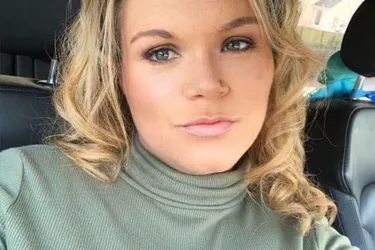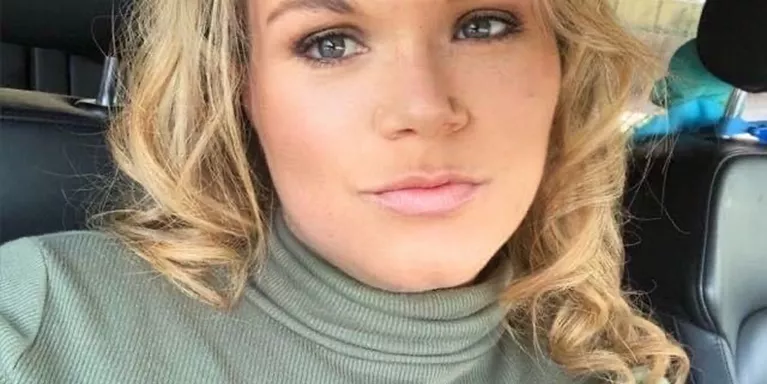Disability and Mental Health
Julie shares her experience of becoming suddenly physically disabled, the impact this had on her mental health and some of the methods she uses now to support her wellbeing.
Julie is Project Co-Ordinator for Wirral Older People’s Parliament and a former lecturer.
I was a 20 mile a day hiker one day and crawling along the wall the next, unable to walk, - literally an overnight change happened.
The first 3 months of my ill health went something like this…
My journey into disability began 6 years ago and was a bolt from the blue. Vertigo appeared one night and never left. The room was spinning, my heart was racing, I was crying and panicking, and I was alone. I clung to the bed post and called an emergency doctor who arrived an hour later and diagnosed labyrinthitis, an inner ear problem, he gave me tablets and said it would settle down. It didn’t.
"I was signed off sick and tried to deal with what was happening."
My job was lecturing in health and social care in a large college and there was no way I could work. I was signed off sick and tried to deal with what was happening. It was terrifying and was the start of frightening, wonderful, exciting, enlightening story.
I was trapped in my house with no family or friends close by to help me. I was crawling all over the house to do things as I still couldn’t stand up, my self-confidence started to ebb away very slowly, and I almost didn’t notice it. Each day I would get up, make myself have a shower holding on to everything and trying to breathe. At this time other things started to happen to my health; I was having daily migraines which made the vertigo worse, I was having breathing problems, I was vomiting daily, my blood pressure was so high that I was rushed into A&E several times so they could try and control it. They failed. I collapsed and it was my potassium dropping because of blood tablets I was given, I was completely exhausted from trying to walk and stand up, each symptom just latched onto to the next and my health kept deteriorating.
It was then that I experienced anxiety for the first time in my life. It made all my symptoms worse. My closest friend lived a distance away but tried to support me by phone, this was a lifeline at times. I blamed myself for the illnesses, I attacked myself and my self-esteem, which wasn’t very high to start with plummeted and I couldn’t see how I would ever get better or be able to participate in life again.
"I was allowed 3 months off sick before my pay was cut."
At this point I was allowed 3 months off sick before my pay was cut and I was worrying myself sick (literally) about how I was going to pay bills and feed myself if I couldn’t work. I was piling the negative self-talk on saying things like how pathetic I am that I can’t cope with this. At no point did I realise that what I was going through was huge.
Unfortunately, there was no mental health help. At all. Just read that again. No help at all. I was a person who became severely disabled overnigh no savings to pay for treatment, living alone, 40 years old, in good employment and there was no help for me to deal with what was happening to me emotionally. And I couldn’t see how I could adapt my life to this physical disability and its impact. It seemed like too big a mountain to climb.
"I was doing everything already and she couldn’t help me."
After months of this, I was finally referred into mental health services for Cognitive Behavioural therapy for my anxiety about walking and health but unfortunately I didn’t find this helpful. When I met with the psychologist, she gave me no new strategies or practices and said that I was doing everything already and she couldn’t help me.
Then my 3 months was up, and I had to go back to work or go to half pay. I went back to work using a 3 wheeled walker and getting through each day in a room spinning terrified panic of exhaustion.
"The journey continues"
To get me to the place that I am now - what I needed was time and support and an understanding of how to accept and adapt. I started looking into self-help practices, looking into Emotional Freedom Technique therapy and really taking responsibility for my own health. I have explored a variety of things from food to meditation. My daily practices now are short meditations with a focus on relaxation and body scanning, daily exercise which includes gentle yoga, exercise bike and walking as much as possible, also strengthening exercises each evening for my legs and pelvis. I do these things to the best of my ability at the time and try not to beat myself up if I can’t do a whole 5km on the bike every day. Nutrition and healing foods are now playing a huge part in my maintenance and recovery. My multiple diagnoses are not going to be cured by any of this so I am accepting but I certainly have the power to work with it rather than against it.
Six years on and the journey continues, and I am in a very different place or maybe not so different, but I now have tools, and I am beginning to use them.


Information and support
When you’re living with a mental health problem, or supporting someone who is, having access to the right information - about a condition, treatment options, or practical issues - is vital. Visit our information pages to find out more.
Share your story with others
Blogs and stories can show that people with mental health problems are cared about, understood and listened to. We can use it to challenge the status quo and change attitudes.










